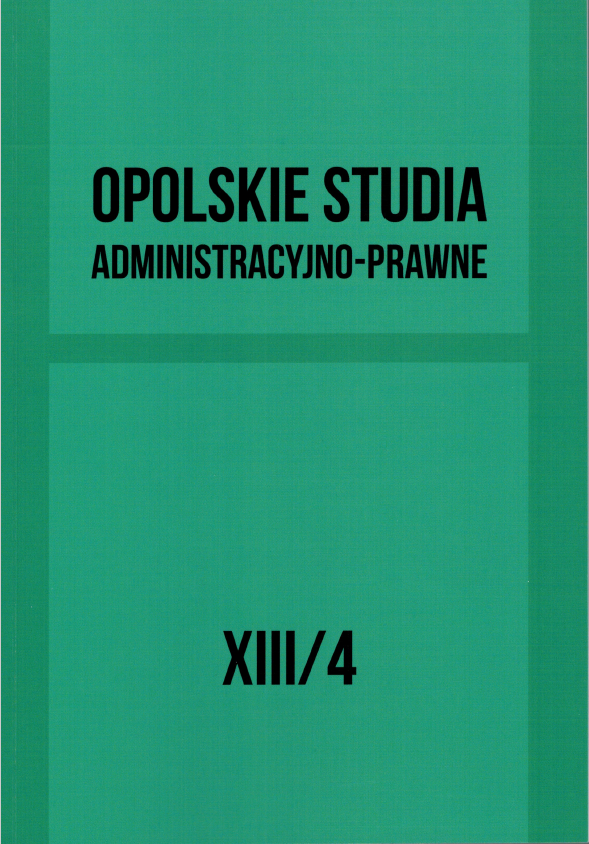Gwarancje wolności religijnej w konkordacie między Stolicą Apostolską i Republiką Zielonego Przylądka
Guarantees of religious freedom in the concordat between the Holy Seeand the Republic of Cape Verde
Author(s): Wojciech GóralskiSubject(s): International Law, Human Rights and Humanitarian Law, International relations/trade, Canon Law / Church Law
Published by: Uniwersytet Opolski
Keywords: the Republic of Cape Verde; the Holy See; concordat; guarantees; relationships; religious freedom
Summary/Abstract: The subject matter of this discussion is the issue of fixed structures of prison pastoral care in Poland. The author pointed out that although the Catholic pastoral care is present in all prisons, there are no legally binding regulations governing the pastoral care status. This may compromise the exercise of individual religious freedom of the inmates and the status of chaplains. A similar concern may also be expressed by the followers of other religions held in prisons. In addition, the article highlights the limited effectiveness of pastoral councils at the prison headquarters and in the field, as well as indicates the consequent danger of limiting the freedom of conscience and religion of persons deprived of their libertyThe subject of this paper are guarantees of religious freedom – in an individual, community and institutional dimension – included in the concordat between the Holy See and the Republic of Cape Verde on 10 June 2013. Prepared over many years and concluded 37 years after the independence of the Republic of Cape Verde, it was signed by Archbishop Dominique Mamberti, who represented the Holly See, and Jorge Alberto da Silva Borges, the Minister of Foreign Affairs of the Republic of Cape Verde. The regulation of this convention (which consists of a preamble and 30 articles) provides for the legal status of the Catholic Church in reference to more than twenty detailed issues, which is typical of the so-called exhaustive concordats, which include the whole range of issues both parties are interested in. When describing a concordat, it needs to be mentioned that what is striking in them is above all full respect and appreciation of the rule of religious freedom, in all its dimensions and aspects.
Journal: Opolskie Studia Administracyjno-Prawne
- Issue Year: XIII/2015
- Issue No: 4
- Page Range: 77-95
- Page Count: 19
- Language: Polish

